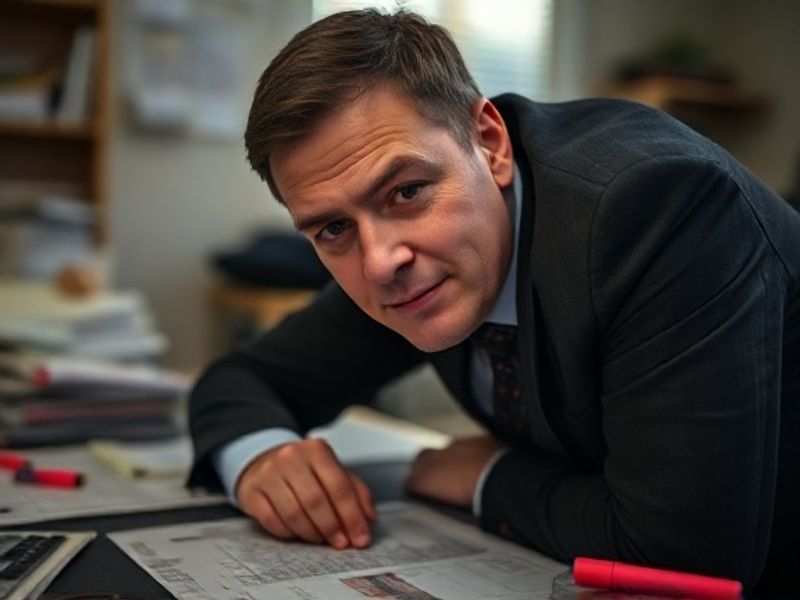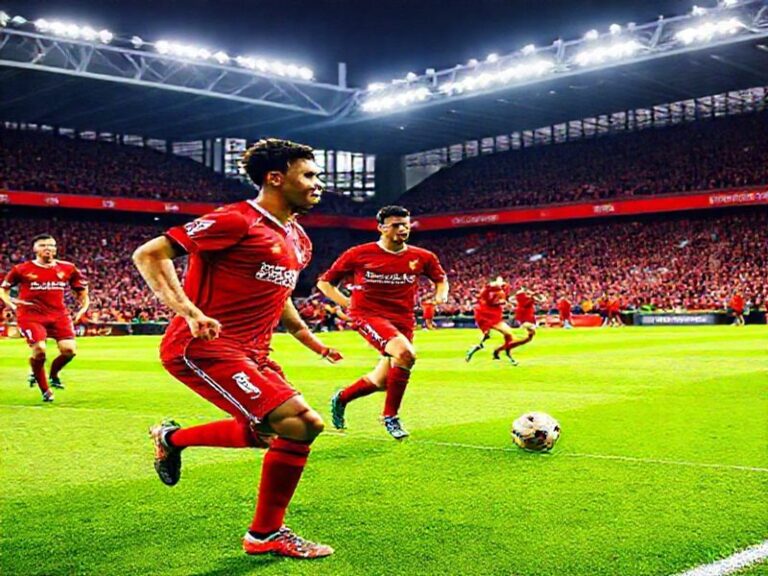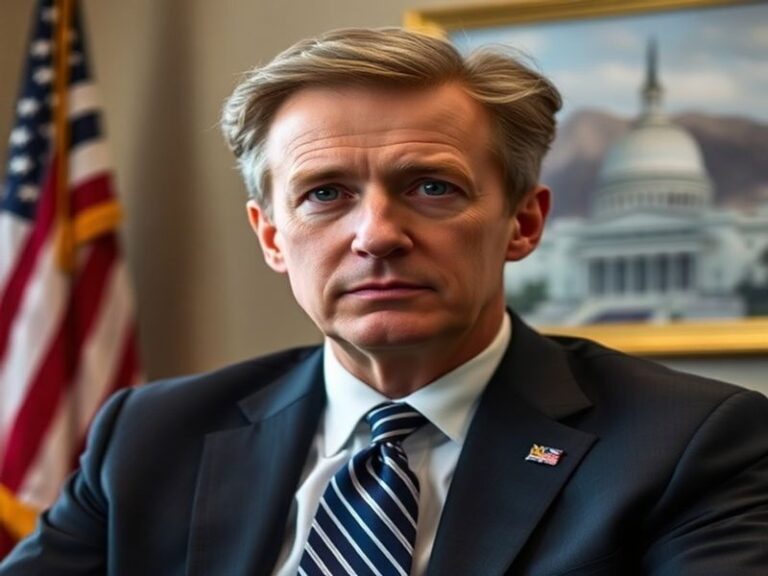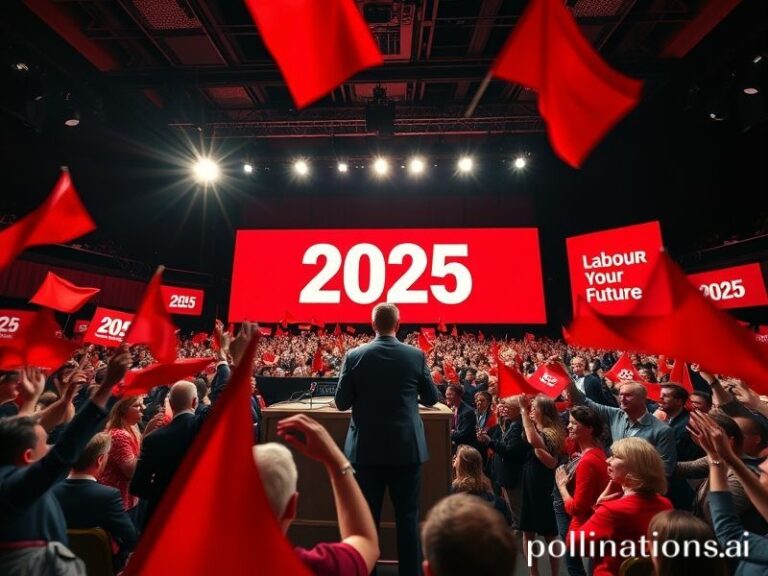Morgan McSweeney: The Invisible Hand Steering Britain—and the World—From a Spreadsheet
The Man Behind the Curtain Who Isn’t Even in the Room
By Our Correspondent in Exile, Somewhere Over the Atlantic
Morgan McSweeney does not tweet, rarely gives interviews, and—according to people who have met him—prefers to speak in the hushed tone usually reserved for funeral directors or arms dealers. Yet, from Warsaw to Washington, his fingerprints keep showing up on the levers the rest of us are told move the world. If you’re picturing a Bond villain in a Brioni suit, dial it back: think a quiet man from County Limerick who once ran a student newspaper and now runs, well, rather more than that.
McSweeney’s primary job title is “Chief of Staff to the British Prime Minister,” a phrase that sounds modest until you remember Britain still owns nuclear submarines, a permanent seat on the UN Security Council, and the curious habit of believing its domestic scandals deserve global subtitles. When Rishi Sunak or Keir Starmer (delete according to the week) decides whether to send Storm Shadow missiles into the Black Sea, it is McSweeney who summarises the intelligence, calibrates the politics, and—crucially—decides which aide gets blamed when it all goes sideways. In geopolitics, that makes him less a consigliere and more a one-man gravity well.
The international press corps, a group that can spot a power lunch at 400 paces, first noticed him in 2019 when Boris Johnson’s campaign suddenly discovered message discipline. Overnight, “Get Brexit Done” replaced “Eat, Drink and Be Merry,” and Johnson stopped sounding like a late-night taxi driver. The architect, whispered the hacks, was McSweeney: a former Labour staffer who had defected to the Tories with the casual air of a man switching coffee brands. Since then, every British political earthquake—Trussonomics, Partygate, the coronation of Sunak—has featured the same off-stage silhouette. He is the Schrodinger’s cat of Downing Street: simultaneously everywhere and nowhere, especially when the cameras roll.
What makes McSweeney globally interesting is the export value of his methods. Political consultants from Sydney to São Paulo now study his “grid system,” a colour-coded spreadsheet that allocates headlines the way airlines allocate seats: economy for the environment, business for tax cuts, and first-class for whatever the donor class drank at lunch. The grid leaked last year, prompting think-tankers in Washington to gasp at its ruthless elegance while missing the deeper joke: a country that once ruled waves now governs by Excel.
Meanwhile, in Brussels, officials who spent years negotiating Brexit now find themselves on Zoom calls with McSweeney’s deputies, learning whether Britain will rejoin EU research programmes, or merely pretend to. The continentals report he listens more than he speaks, which unnerves them: European politics runs on verbosity the way Formula 1 runs on petrol. Silence, in this context, is a negotiating tactic bordering on psychological warfare.
The darker amusement lies in what McSweeney represents: the final triumph of the backroom over the ballroom. While populists elsewhere rage against “elites,” Britain has quietly installed a technocrat so elite he doesn’t need to stand for election. Voters in marginal seats may decide who sits in Parliament, but McSweeney decides which paragraphs of the manifesto survive contact with reality. It is democracy as performance art, with the audience applauding a script they never read.
And so the world watches, or rather doesn’t. Cable news prefers its villains flamboyant and its heroes telegenic; McSweeney offers neither. Instead he provides a masterclass in power without personality, influence without Instagram. In an age when presidents live-tweet their insecurities, there is something almost reassuring—if equally sinister—about a man who changes continents while ordering a flat white.
Perhaps that is the ultimate irony: the global order now pivots on someone most people couldn’t pick out of a police lineup. Somewhere in that asymmetry lies the punchline to the twenty-first century. Morgan McSweeney isn’t the face of power; he’s the reason power no longer bothers with faces.







